Belgrade pushes for revision of agreement
Serbia's president and army chief have made comments that urge changes to the Kumanovo agreement that ended NATO attacks in 1999.
Saturday, 29.11.2008.
13:20

Serbia's president and army chief have made comments that urge changes to the Kumanovo agreement that ended NATO attacks in 1999. Serbian Army (VS) Chief of the General Staff Lt. Gen. Zdravko Ponos said yesterday that he had already held first conversations on the matter with commander of NATO Joint Forces Mark Fitzgerald, while Boris Tadic says he backs this initiative. Belgrade pushes for revision of agreement Serbian military analysts agree that the time has come for the document to change, "because Serbia and NATO are no longer at war". Now that Serbia has demonstrated that it is a stability factor in the region, there is no reason not to change the accord, which still includes a no-fly zone, Tadic was quoted as saying. There is no longer any security reason for the accord to remain in effect, he said in an interview Belgrade daily Politika is set to publish on Sunday. Serbia is not a factor of destabilization, its soldiers and officers have not fired a single shot at anyone, whereas others have opened fire at them and at own citizens, Tadic said. Ponos told B92 that there are numerous reasons for the agreement to be amended, and mentioned Kosovo's unilaterally declared independence, the UN support for the reconfiguration of UNMIK, and the formation of Kosovo Albanians' security forces, something that Belgrade opposes. "I hope that in two weeks' time we could discuss the modalities and ways to change that agreement with NATO representatives," he said. "I won't prejudice what these expert talks might lead to, but it is important that we came to a conclusion that the existing state of affairs and stipulations of the agreement are not applicable in practice," Ponos concluded. Military analyst Zoran Dragisic believes that the Kumanovo agreement has become obsolete, and sees "concrete space" for abolishment of the ground safety zone on this side of the administrative line with Kosovo. "This document has been made as a document that separates two warring sides, and Serbia and KFOR, in other words NATO, are not that any longer," he said. "I assume that most changes will pertain to the ground safety zone and overall security regime in that area, since I think it would be significant for Serbia to entirely take over control on this side of the administrative line," Dragisic added. This expert believes that the Kosovo Albanian government will object to the changes, but adds that Pristina cannot take part in the negotiations, since the document was signed by the Federal Republic of Yugoslavia and NATO. "I think that this confirms that opening up talks on the Kumanovo agreement would once again confirm that [UN SC] Resolution 1244 is a valid legal document, that has never been withdrawn," Dragisic said. The military-technical agreement, signed on June 9, 1999 in Kumanovo, after 78 days of NATO attacks on Serbia, saw the then Yugoslav Army (VS) and police withdraw from Kosovo. International civilian and military presence was then established in the province based on UN Resolution 1244. The Ground Safety Zone stretches for 384 kilometers and spans an area of 1,920 sq kilometers. Members of the the VS Second, Third and Fourth brigades are deployed in their bases and checkpoints. MUP's elite Zandarmerija (Gendarmerie) policemen also have their bases in the area. Boris Tadic visits Serbian troops (FoNet, archive)
Belgrade pushes for revision of agreement
Serbian military analysts agree that the time has come for the document to change, "because Serbia and NATO are no longer at war".Now that Serbia has demonstrated that it is a stability factor in the region, there is no reason not to change the accord, which still includes a no-fly zone, Tadić was quoted as saying.
There is no longer any security reason for the accord to remain in effect, he said in an interview Belgrade daily Politika is set to publish on Sunday.
Serbia is not a factor of destabilization, its soldiers and officers have not fired a single shot at anyone, whereas others have opened fire at them and at own citizens, Tadić said.
Ponoš told B92 that there are numerous reasons for the agreement to be amended, and mentioned Kosovo's unilaterally declared independence, the UN support for the reconfiguration of UNMIK, and the formation of Kosovo Albanians' security forces, something that Belgrade opposes.
"I hope that in two weeks' time we could discuss the modalities and ways to change that agreement with NATO representatives," he said.
"I won't prejudice what these expert talks might lead to, but it is important that we came to a conclusion that the existing state of affairs and stipulations of the agreement are not applicable in practice," Ponoš concluded.
Military analyst Zoran Dragišić believes that the Kumanovo agreement has become obsolete, and sees "concrete space" for abolishment of the ground safety zone on this side of the administrative line with Kosovo.
"This document has been made as a document that separates two warring sides, and Serbia and KFOR, in other words NATO, are not that any longer," he said.
"I assume that most changes will pertain to the ground safety zone and overall security regime in that area, since I think it would be significant for Serbia to entirely take over control on this side of the administrative line," Dragišić added.
This expert believes that the Kosovo Albanian government will object to the changes, but adds that Priština cannot take part in the negotiations, since the document was signed by the Federal Republic of Yugoslavia and NATO.
"I think that this confirms that opening up talks on the Kumanovo agreement would once again confirm that [UN SC] Resolution 1244 is a valid legal document, that has never been withdrawn," Dragišić said.
The military-technical agreement, signed on June 9, 1999 in Kumanovo, after 78 days of NATO attacks on Serbia, saw the then Yugoslav Army (VS) and police withdraw from Kosovo.
International civilian and military presence was then established in the province based on UN Resolution 1244.
The Ground Safety Zone stretches for 384 kilometers and spans an area of 1,920 sq kilometers.
Members of the the VS Second, Third and Fourth brigades are deployed in their bases and checkpoints.
MUP's elite Žandarmerija (Gendarmerie) policemen also have their bases in the area.













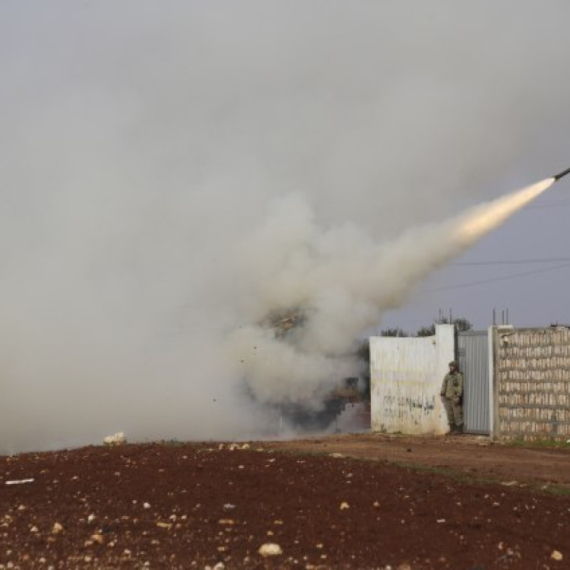

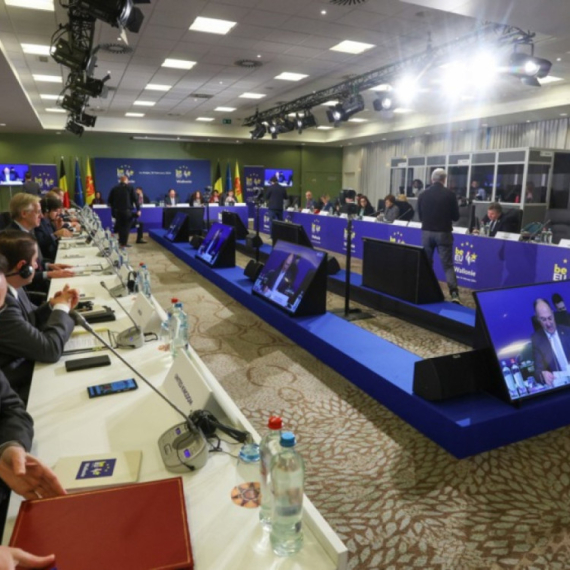

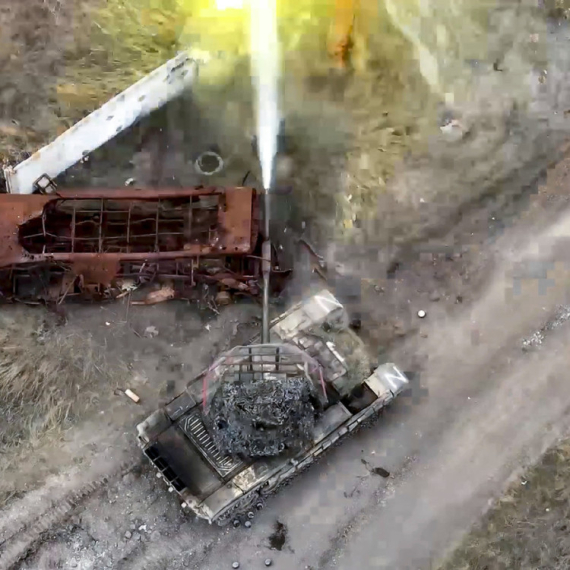




















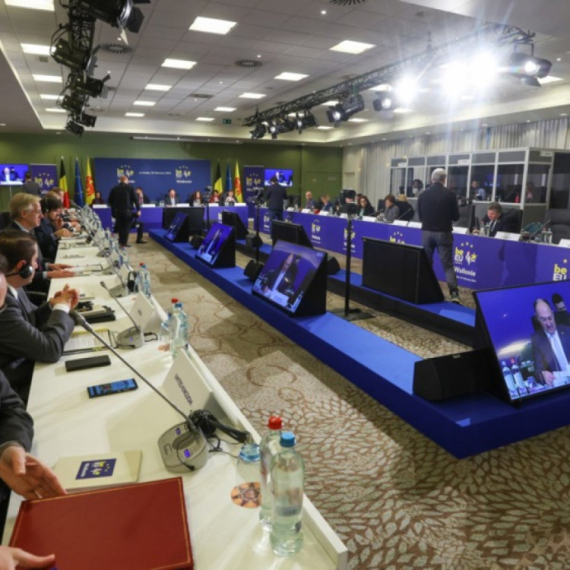
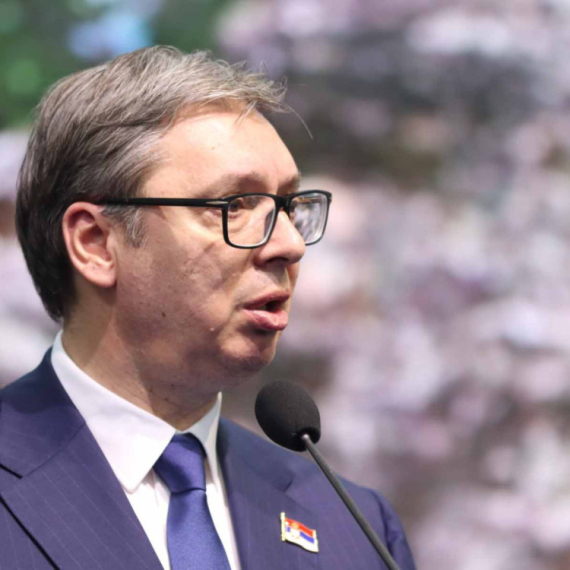
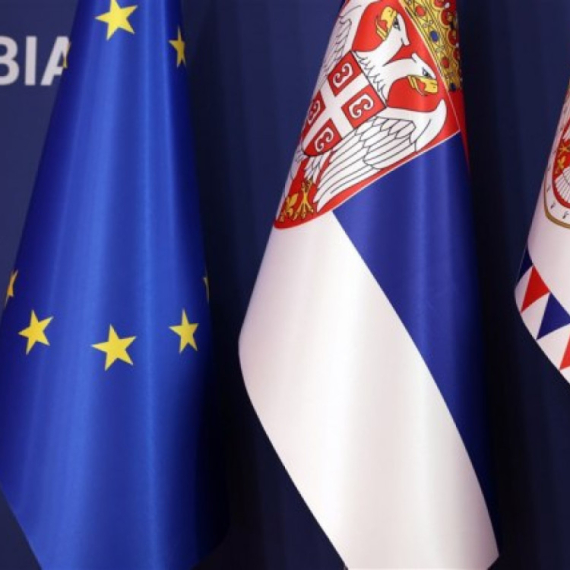
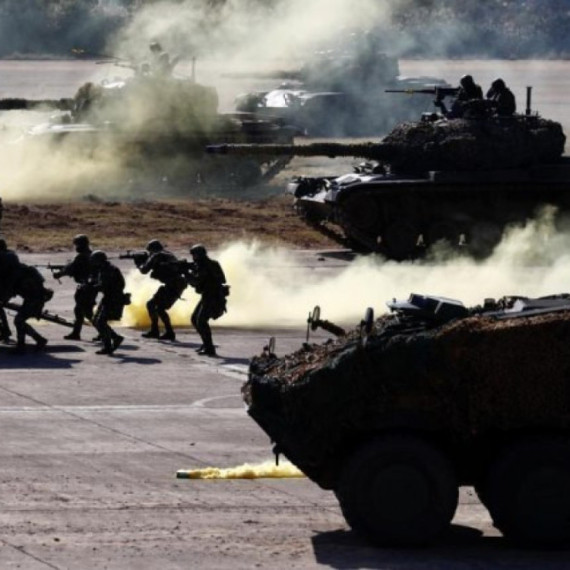
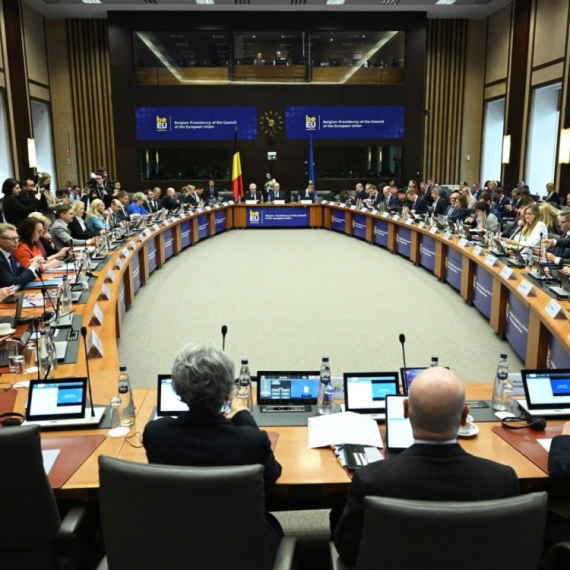








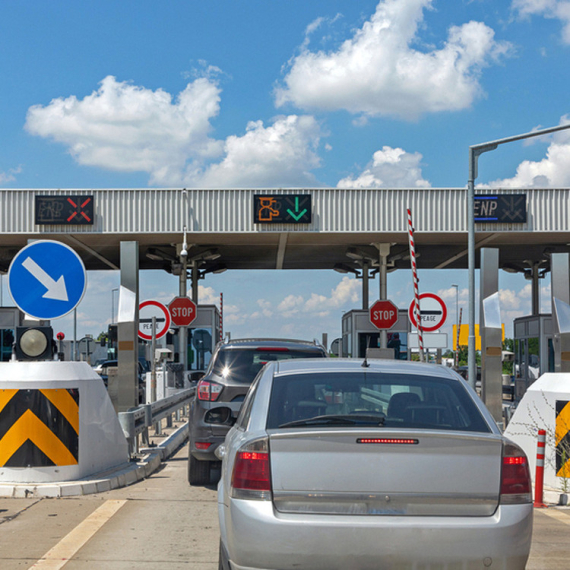







Komentari 25
Pogledaj komentare